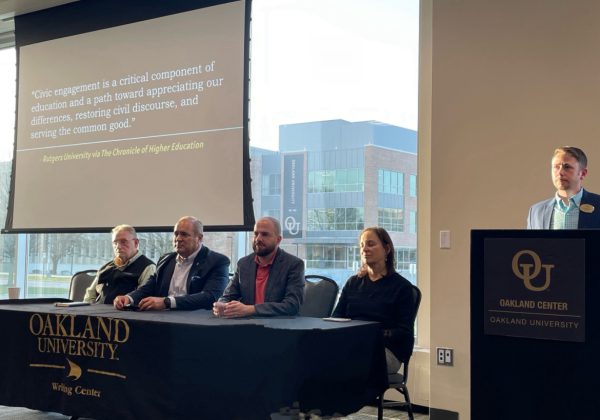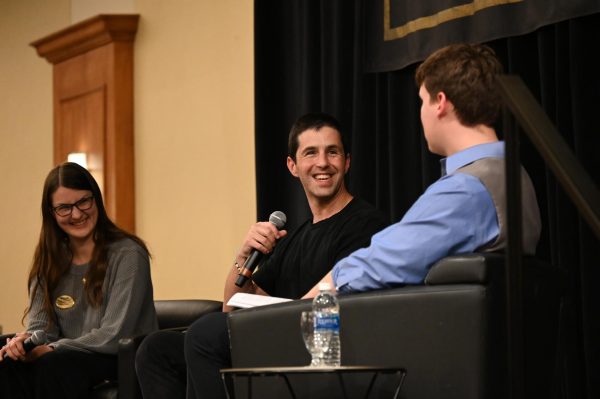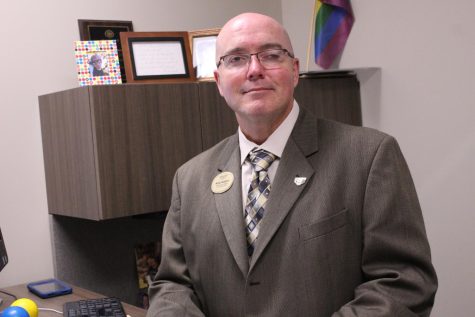Clean air with an extra puff
Are all the cool kids doing it? Smoking cigarettes has been discussed for years with various tones attached to each conversation. In fact, Columbus even noted in his diary, upon his arrival in what came to be known as the Americas, that “the natives brought certain dried leaves which gave off a distinct fragrance [tobacco],” according to Tobacco.org. Over time, whether or not smoking is appropriate has been questioned extensively, but Oakland University began to put a seal to that conversation in 1990 when policy 475 was initialized.
“Smoking is prohibited on all university-owned or operated campuses and grounds, and in all university-owned or operated buildings and vehicles,” according to Policy 475.
Oakland University is one of 17 Michigan universities or colleges that have engaged a 100 percent “no smoking” policy, which is nearly a fifth of Michigan’s universities or colleges. According to OU’s website, the motive behind eliminating tobacco use was to limit the negative health effects among students, building off Oakland’s reputation for safety.
There are even several options Oakland offers to assist any students in quitting. For instance, Oakland has “quit kits” available across campus—Kresge Library, the OU Student Congress Office, the Recreation Center and Graham Health Center.
Even so, Oakland’s “no smoking” policy could be easier said than done, as many have disregarded it. Withdrawal symptoms are often what prevents people from quitting smoking, despite its negative health effects. Smokers develop a growing need for nicotine as time go on, leaving them uncomfortable without regular smoking. The strongest feelings of withdrawal could last for weeks to come, but cravings could persist much longer, according to the U.S. Surgeon General website.
Smoking rates are at their highest between the ages of 18 and 24, which could be troubling for a smoke-free college campus. Therefore, although Oakland has good intentions, the practicality of our tobacco ban could be called to question.
“I don’t think [Oakland’s no smoking policy] can make students healthier because people who want to smoke will do it regardless of what their school says,” said a current Oakland student, who has smoked on campus.
Therefore, Oakland’s policy could seem harsh to some students who smoke regularly, though the regulation is meant to generate the best quality of students’ health.
However, if a student chooses not to quit smoking upon entering college, it can make the college workload even more difficult.
“We know that some students begin using tobacco in college, thinking that they will quit before graduation,” OU’s “no smoking” guidelines read. “Unfortunately, many find quitting harder than they thought it would be. But still most students who smoke want to quit before they graduate.”
Navigating a good time to leave campus briefly each day would be required to maintain respect for the smoke-free campus policy. The personal daily routine of 20,000 students could be difficult to monitor, even with the best intentions. Although, even when OU is able to influence students’ smoking habits, there’s a question of how far a university can intervene in students’ personal details.
So, can Oakland be a home if students cannot be comfortable going through their daily routines there? Though the debate continues, for now, the university’s position on smoking remains the same.











